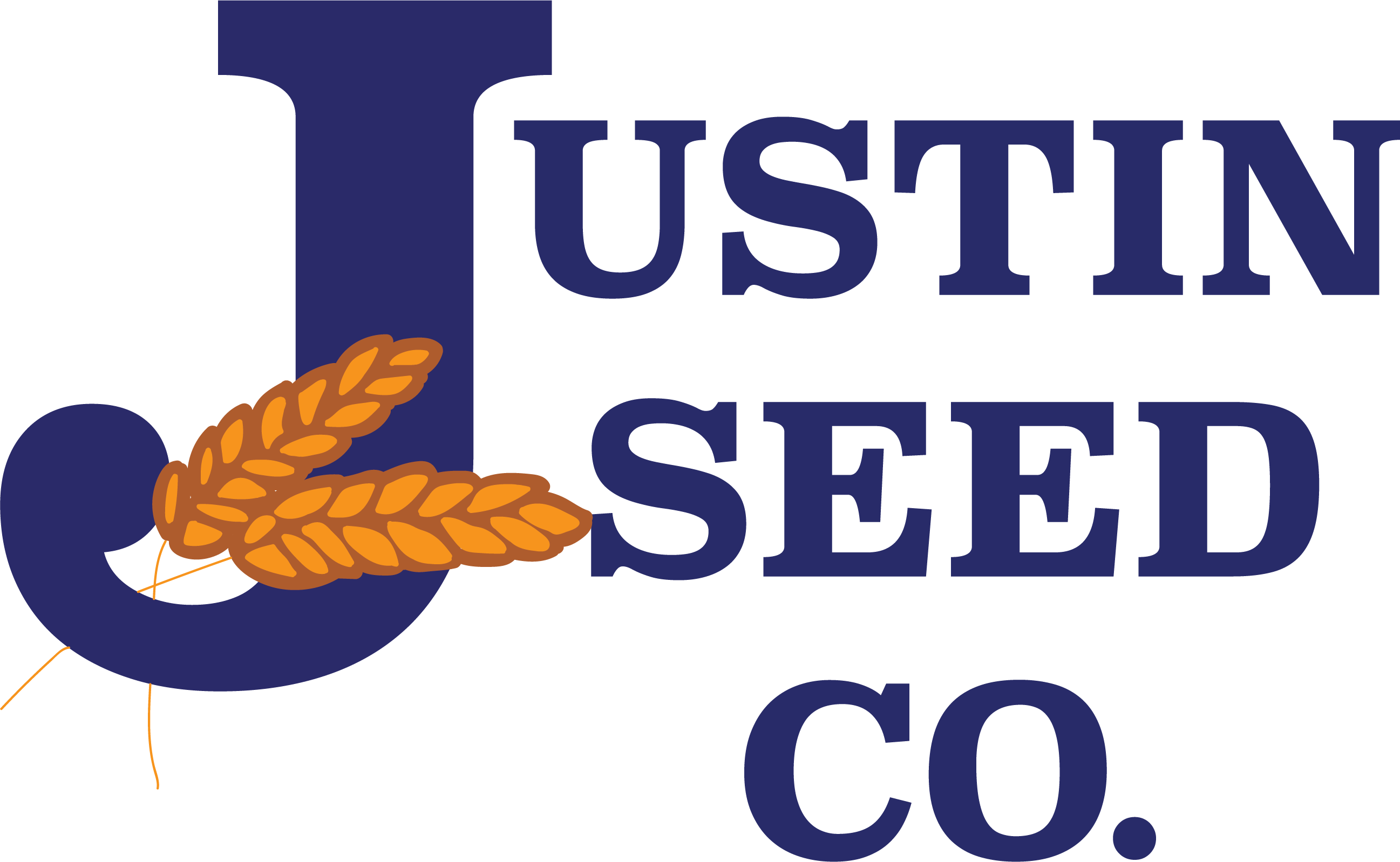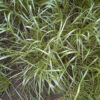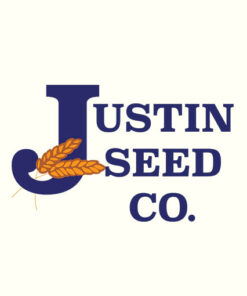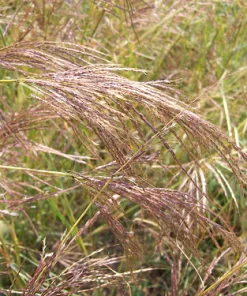Johnsongrass
$4.50 /lbs. (pounds)
Good hay, grazing with management. Do not over graze – Prussic Acid Poison.
Out of stock
Good hay, grazing with management. Do not over graze – Prussic Acid Poison.
| Grow Height |
Cold Tolerance |
Minimum |
Planting Rate |
|
3-8′ |
Good |
18″ |
20-25 lb. |
| Weight | 1 lbs |
|---|
Be the first to review “Johnsongrass” Cancel reply
You must be logged in to post a review.
Related products
Barnyardgrass is a summer annual grass that germinates from late winter or early spring to through the summer.
Good pasture. Not recommended to leave livestock on pasture for extended periods. Has been used as turfgrass. Plant 4-10 lb. per 1000 sqft.
Introduced fast growing annual, a heavy forage producer. In some areas of the world the small seed is ground for flour.
Once established, giant bermudagrass is very drought, heat and salt tolerant. Cultural management of giant bermudagrass is much like that of Coastal Bermudagrass, a vegetative pasture bermudagrass.
Warm season perennial tufted bunch grass. Originally collected near Manali, India and tested in Oklahoma and Texas.
South American cool season tufted bunchgrass. Growth begins in late fall and continues through the winter.
Established by Justin Seed Co. for a fast germination bermudagrass. Bermudagrass, like many grasses, can vary on length of time for germination from one variety to another.
Heavy producer. Best in pure stands. Long root system. Old growth not palatable. Weeping lovegrass prefers a light-textured, well-drained soil, and will thrive on soils of low fertility.










Reviews
There are no reviews yet.